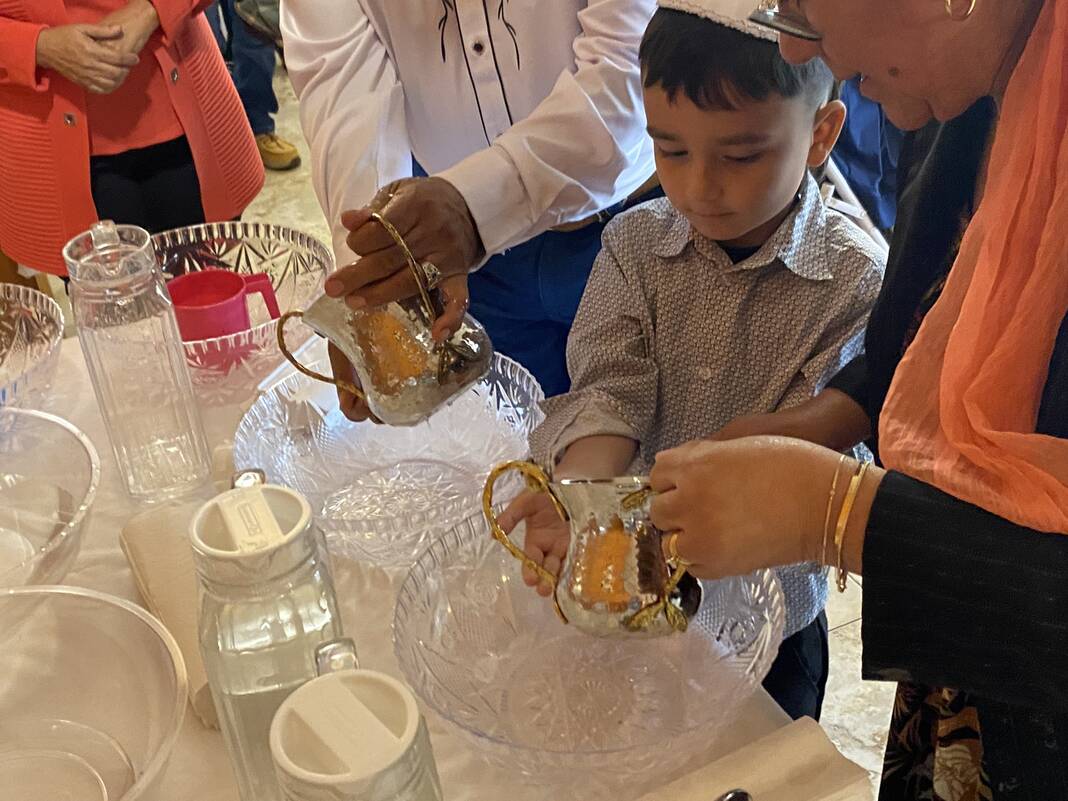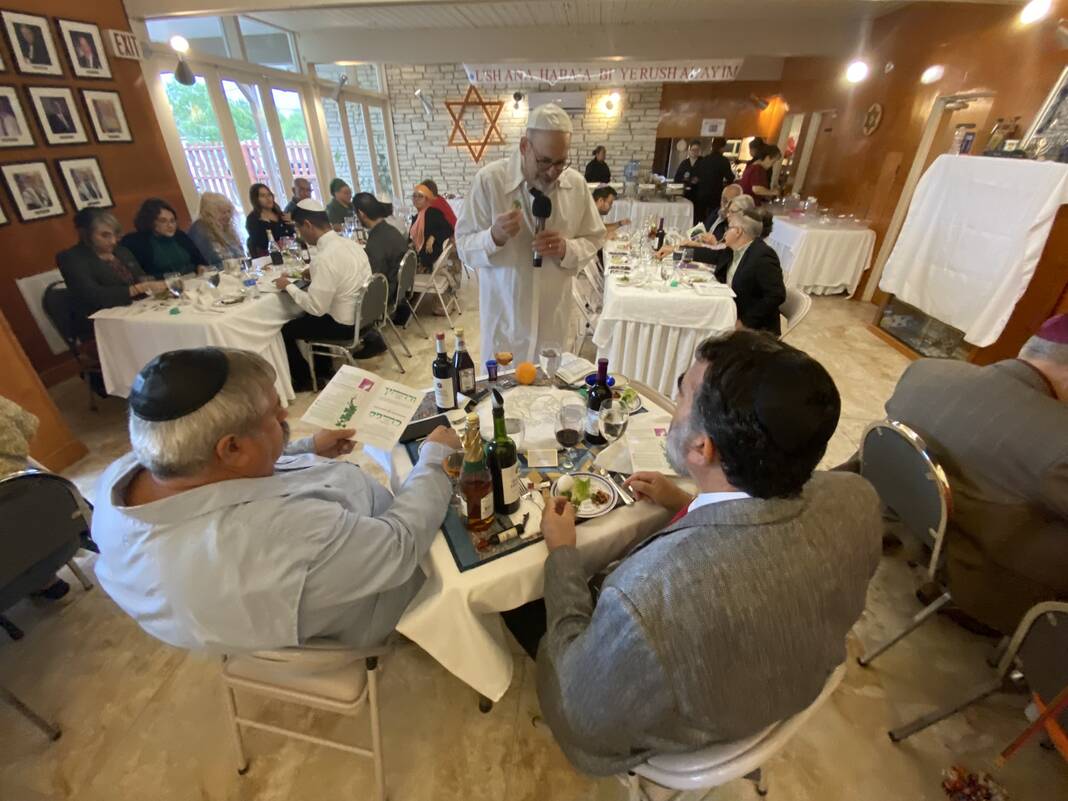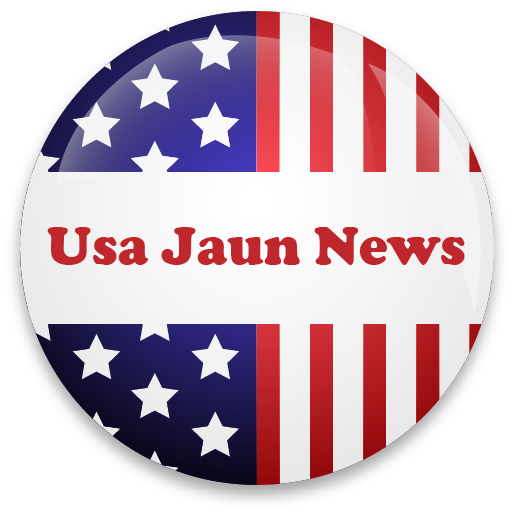|
Only have a minute? Listen instead |
HARLINGEN — The plates with the beitzah and the karpas and the charoset sat on the tables before the celebrants as they listened to the rabbi.
They celebrated the Passover at Temple Beth Israel by singing the songs with Rabbit Frank Joseph. They were songs and prayers and ceremonies passed to them through the generations from a faraway place into lands and places and times both horrific and fabulous.
Passover brings with it the memory of a time both near and distant. It is distant for its place in an ancient time when the Hebrews left slavery in Egypt, near for its presence in the descendants of those who left Egypt who now observe that moment in synagogues around the world.
Before them the Seder plate bears symbols of a long history and the story of that history. The beitzah is a roasted egg which represents the beginning of life. The karpas, made of parsley and celery and potato, is a symbol of spring and renewal. The charoset — chopped apples and nuts — represents the mortar and bricks used by Hebrew slaves to build structures in Egypt.
These are all points of history assembled on a plate, a sanctuary of remembrances of the sorrows and hopes of a people.
And yet there is another observance of a monstrosity in which Jews who were once again enslaved, this time by the Nazis, rose against their captors in the Warsaw Ghetto in 1943, on the eve of Passover. It’s called Yom HaShoah, and Jews around the world observe the day of the Warsaw Ghetto Uprising with both horror and hope.
“I would say Yom HaSoah is one of the most meaningful commemorations because my father is a Holocaust survivor and so it’s preserving the memory of those who experienced the Holocaust and who perished in the Holocaust,” Rabbi Joseph said one afternoon at the synagogue at 1702 E. Jackson in Harlingen.
“For those who survived the Holocaust and preserving their memory, it’s extremely personally important,” he said. “Fortunately, my father was on the last ship that was able to leave Germany in 1939.”
His father was 9 years old.
The Israeli Government determined that anyone whose lives were completely upended by the Holocaust was a survivor of the Holocaust, which the Jews call the “Shoah.”

The Holocaust and Yom HaShoah mean different things to different people. To Dr. Stanley Fisch, whose family originated from the Pale of Settlement in western Russia, the Holocaust was something remote but also something poignant to his ethnicity and his faith. To his knowledge, he had not lost any relatives in the Holocaust.
But …
“I recently found out that, yes there was a big part of my family that was wiped out in the Holocaust,” said Fisch, a retired pediatrician who currently serves on the board of the University of Texas Rio Grande Valley School of Medicine.
“It was on my father’s side,” he continued. “It was his father’s side and it was his father’s siblings. His father came to the United States in the early 1900s.”
Gicela Ramos has a very different history from that of Fisch or Rabbi Joseph. Her family is from Mexico, and it is known that Jews were expelled from Spain in the late 1400s. Some migrated for several generations before arriving in Palestine. Others traveled to Mexico in the early days of the Spanish Conquest. At that time Mexico was known as New Spain.
Rabbi Steven Rosenberg some years ago did explain how these Jews immigrated into northern Mexico away from the long arm of the Spanish government. Many converted outwardly to Catholicism to avoid persecution and were known as crypto Jews, practicing their Jewish faith in secret. However, over succeeding generations many lost track of their Jewish heritage. In recent decades many have returned to the faith of their ancestors.
That’s what Ramos did.
“I knew that my ancestors were Jewish just because of our last names,” she said. “That’s when I kind of started digging into our Jewish roots, since 1997.”
Ramos was single then, but her three children have grown up Jewish, and she emphasizes to them the importance of Yom HaShoah.
“To me it brings up the fact that it could’ve been us living through all of that,” she said. “We talk about it. We usually have get-togethers at the temple and we let people know because they don’t know what happened, what it was and the parties that were involved.”

The Holocaust was a horror for the depth of the evil occurring. Rabbi Joseph as well as so many have pointed out that for Jewish people the oppression visited upon them in the early days by the Nazis was the usual routine. It first appeared to them as a repeat of oppression that had occurred for centuries, and so they thought it would ”just blow over.”
But it didn’t.
They realized too late that this time it would be different.
In 1953, the Knesset, the Israeli Government, designated 27 Nisan in the Jewish calendar as its day of Holocaust Remembrance, called Yom HaShoah, to coincide with the Warsaw Ghetto Uprising.
That date generally takes place in late April or early May, right around the time of Passover. This year it will be observed May 5 and 6. To Rabbi Joseph, Yom HaShoah brings with it powerful lessons.
“You can never discriminate against any group of people whether they are favorable or not favorable,” he said. “You cannot ever let any group of people be discriminated against for any reason whatsoever. It’s very easy to try to turn a group of people into rodents or people less than human.”
Yom HaShoah means different things to different people. To Rabbi Joseph, it’s a reminder of his father and his grandparents who lost everything before escaping. His grandfather owned a shoe factory, his grandmother was an opera singer, and they had good social standing in Berlin. They fled to Shanghai, China where they lived in poverty for some years before moving to the United States.
Fisch expressed the same sentiment that this cannot be allowed to happen again. But he addressed some concerns about the war between Israelis and Palestinians.
“There are some peace activists in Israel who added something else to the slogan ‘Never Again’ and they said, ‘Never Again to Anyone’ in reference to what’s happening between Israel and the Palestinians,” Fisch said. “They are a minority working for peace and working hard to protect the rights of Palestinians. That’s not to deny the legitimacy of the Israeli state but also to recognize that 3 million people can’t just simply be dismissed outright.”
He recalled that the State of Israel was founded on the belief that, because of the Holocaust, the Jewish people needed a place to go where they could be safe.

